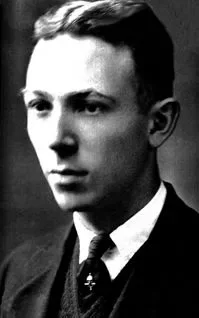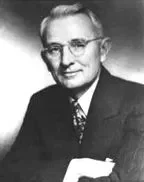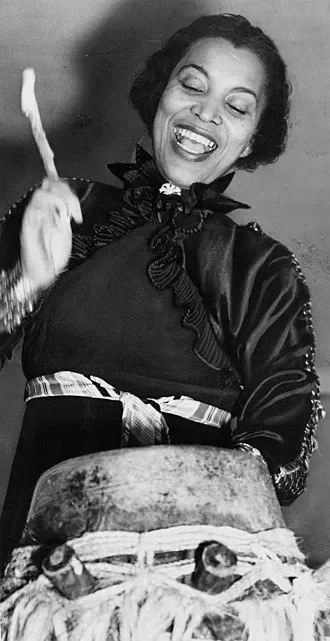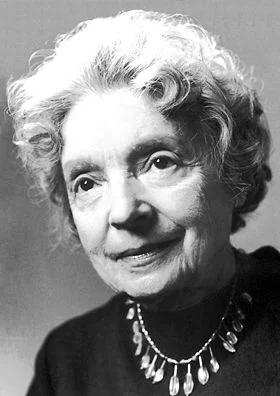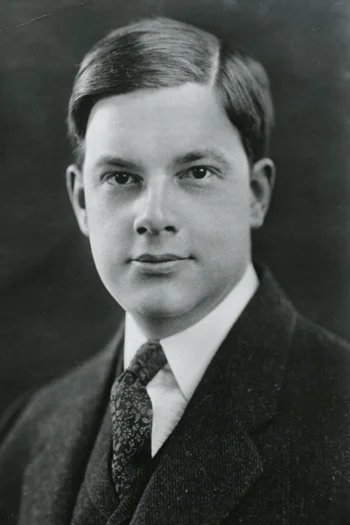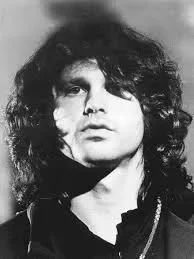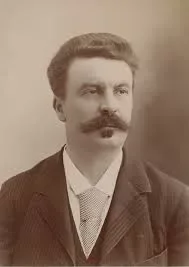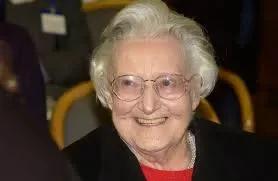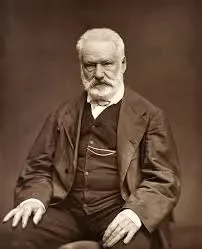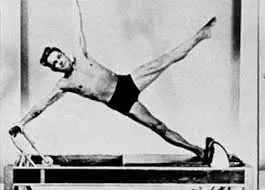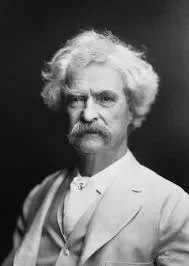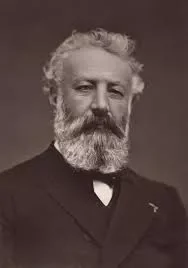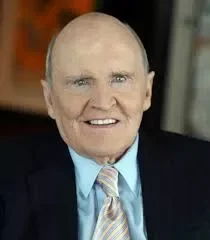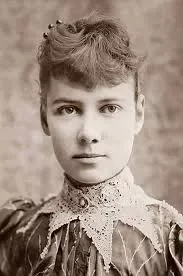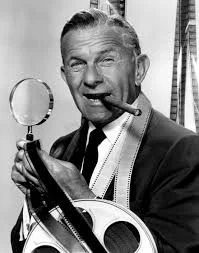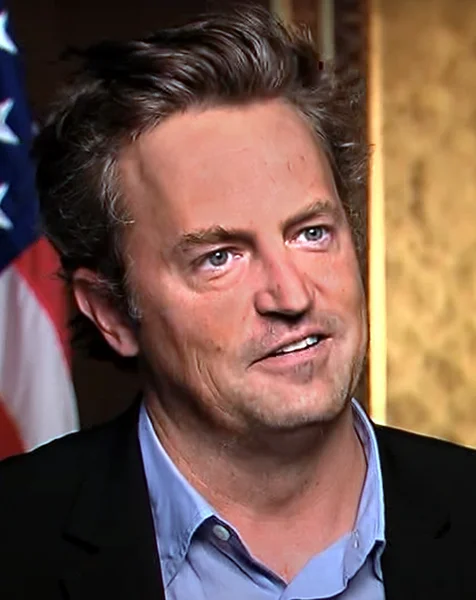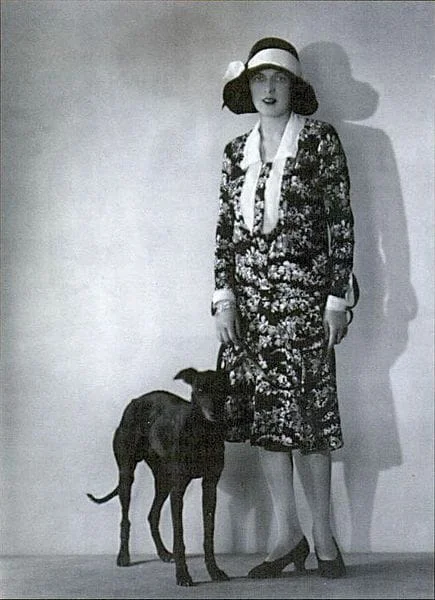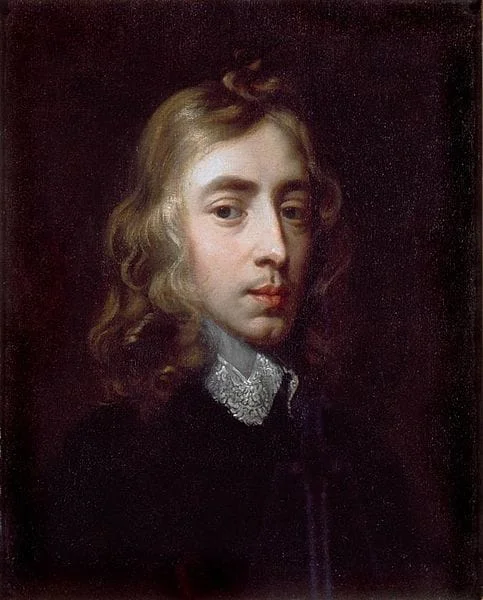Real Celebrities Never Die!
OR
Search For Past Celebrities Whose Birthday You Share
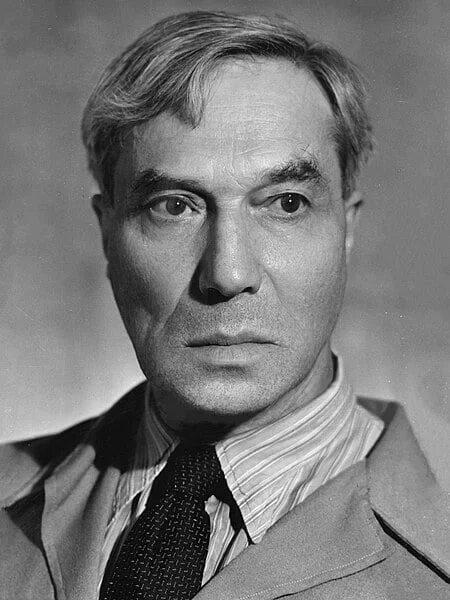
source:wikipedia.org
Boris Pasternak
Birthday:
10 Feb, 1890
Date of Death:
30 May, 1960
Cause of death:
Cancer
Nationality:
Russian
Famous As:
Poet
Age at the time of death:
70
Boris Pasternak's Quote's
Early Life and Background
Boris Pasternak, born on February 10, 1890, in Moscow, Russia, emerged as one of the most influential literary figures of the 20th century. His early years were marked by exposure to a rich cultural environment, as his father, Leonid Pasternak, was a well-known artist, and his mother, Rosa Kaufman, hailed from a family of successful industrialists. This early exposure to art and culture played a pivotal role in shaping Pasternak’s artistic sensibilities.
Education and Artistic Influences
During his formative years, Boris Pasternak displayed a keen interest in literature and music. He studied philosophy and literature at the University of Marburg in Germany but returned to Russia without completing his degree. Back in Moscow, he became associated with the Futurist movement, a cultural and artistic movement that sought to break away from traditional forms and embrace the dynamism of the modern world.
Early Works and the Futurist Movement
Pasternak’s early works, such as his poetry collection “My Sister, Life” (1922), reflected the experimental spirit of the Futurist movement.
Dr. Zhivago and International Acclaim
However, it was with his epic novel “Dr. Zhivago” that Pasternak achieved international acclaim. Completed in 1956, “Dr. Zhivago” explored the impact of the Russian Revolution on individuals and families, blending personal and historical narratives. Despite facing suppression in the Soviet Union due to its perceived anti-communist undertones, the novel gained immense popularity abroad and earned Pasternak the Nobel Prize in Literature in 1958.
Professional Struggles and Controversy
Professionally, Pasternak’s journey was marked by both acclaim and controversy. His willingness to address complex political and social issues in his work made him a target of Soviet authorities. The Nobel Prize, which he initially accepted but later declined under pressure, exemplified the tensions between his artistic freedom and the constraints imposed by the Soviet regime.
Personal Life and Family
On a personal level, Pasternak’s life was intertwined with intricate relationships. He married Evgenia Lourie in 1922, and their union produced two children. Despite the challenges posed by political persecution and societal turmoil, Pasternak remained dedicated to his family, finding solace and inspiration in the domestic sphere.
Death and Legacy
Boris Pasternak passed away on May 30, 1960, in Peredelkino, near Moscow. His death marked the end of a tumultuous era in Soviet literature, and his legacy endured as a testament to the enduring power of artistic expression in the face of political adversity.
Enduring Impact
Boris Pasternak’s life and work encapsulate the complexity of navigating artistic expression within the constraints of a politically charged environment. From his early association with the Futurist movement to the international success of “Dr. Zhivago,” Pasternak’s journey reflects the enduring power of literature to transcend borders and ideologies. Despite facing persecution and personal challenges, he remained steadfast in his commitment to the written word, leaving an indelible mark on the literary landscape of the 20th century.
Name:
Boris Pasternak
Popular Name:
Boris Pasternak
Gender:
Male
Cause of Death:
Cancer
Spouse:
Place of Birth:
Moscow, Russian Empire
Place of Death:
Peredelkino, Russian SFSR, Soviet Union
Occupation / Profession:
Personality Type
Advocate Quiet and mystical, yet very inspiring and tireless idealists. He actively participated in various social activities, using his writing skills to advocate for his beliefs.
Before delving into literature, Pasternak initially considered a career in music. He studied music at the Moscow Conservatory before shifting his focus to literature.
Boris Pasternak came from a family with diverse talents. His father, Leonid Pasternak, was a renowned impressionist painter, and his mother, Rosa Kaufman, belonged to a family of successful industrialists.
Pasternak was associated with the Futurist movement in his early years, a cultural and artistic movement that sought to break away from traditional forms and embrace the dynamism of the modern world.
While Pasternak faced criticism and censorship during his lifetime, he received posthumous recognition for his contributions to literature. Over time, “Dr. Zhivago” gained international acclaim, and Pasternak’s legacy as a literary figure solidified.
Nobel Prize in Literature

